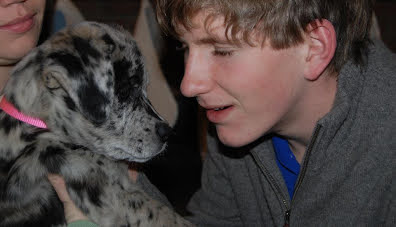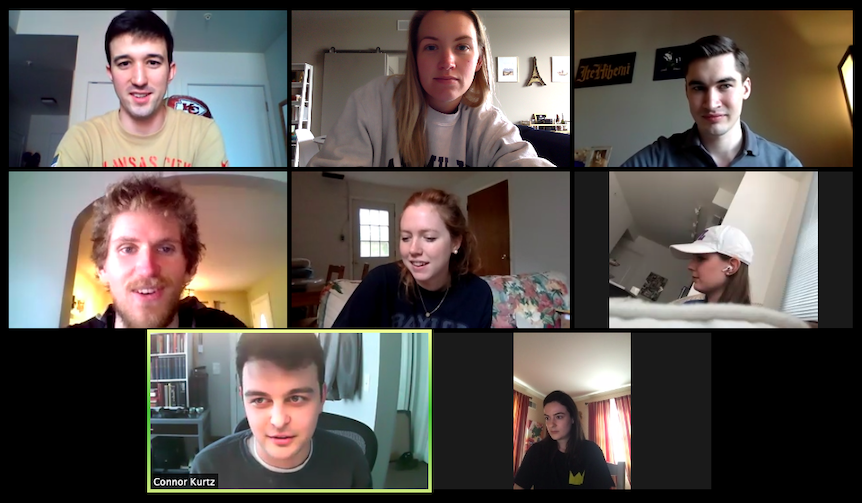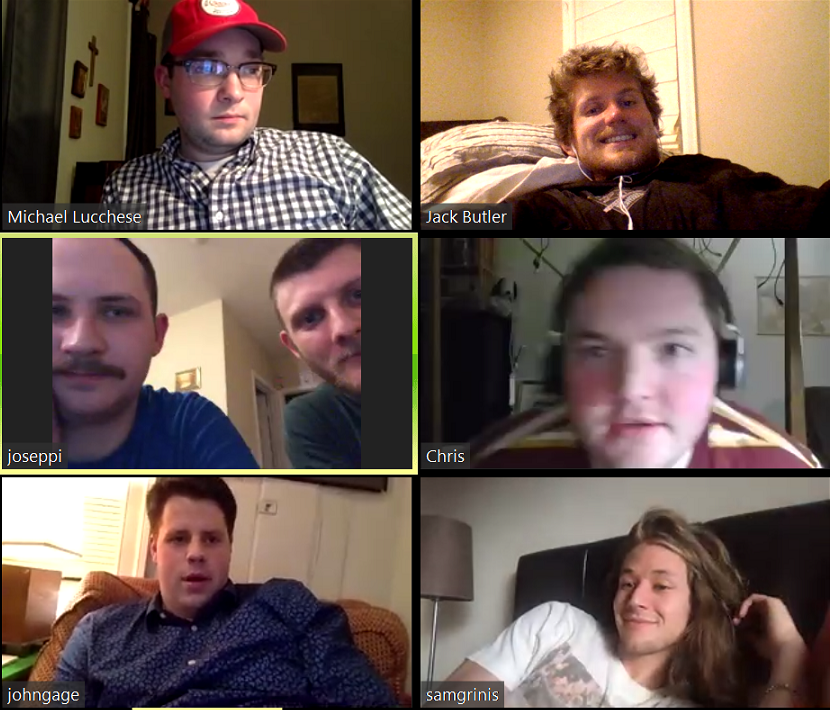“Me and my classmates have a most profound
respect for you Mr., er, Professor Wood.”
Thus spoke a nervous 17-year-old Jack Butler on Labor Day weekend in 2010. A
senior at St. Xavier High School, I should have had a much better command of the English
language by then. But I couldn’t help it: I was anxious. I was talking to Gordon Wood, the preeminent historian of
the Revolutionary period of American history, and author of the The Radicalism of the American Revolution, one of the most famous and well-respected
books about that era, winner of the Pulitzer Prize in History the year I was born. Its argument is right there in the title: The
American Revolution was radical. It “did not just eliminate monarchy and create
republics; it actually reconstituted what Americans meant by public or state
power and brought about an entirely new kind of popular politics and a new kind
of democratic officeholder.”
The Radicalism of the American Revolution was assigned reading for the AP U.S. history course I had taken the year prior. For some reason, my classmates and I became more than just fans of the book. We adopted Gordon Wood as a kind of cult figure. Few of us had, at that time, seen Good Will Hunting, in which the title character mocks a Harvardian we are meant to believe is superficial by accusing him of “regurgitating Gordon Wood.” We didn't really know much about history, either. But in that strange manner of high-school boys, we became jealous guardians and passionate defenders of a thing that we had been taught to regard as our own. So when, shortly into the next school year, word got around my very lively and exciting social circle -- how, exactly, I do not recall; information traveled mysteriously in those pre-smartphone days -- that Gordon Wood was set to appear on CSPAN Book TV, I decided to call in and give it a shot.
Which is how I found myself on one end of the line with Professor Wood. You can
find the whole Wood interview here. I first come in around 52 minutes in,
reminding host Peter Slen and guest Gordon Wood of a question they had
forgotten. Then, at 54:30, “Jack from Cincinnati” pipes up, pubescent voice
quivering (though, blessedly, not cracking). But -- if I do say so myself --
the substance of my query transcended the shakiness of its delivery:
Like so many other things, in the past 100 years history itself has become politicized. And especially the Revolutionary Era, I think. And so I have to ask you, on the one hand you have historians on the left like Howard Zinn . . . and Charles Beard, who suggested that events of the Revolutionary Era were more a cynical power grab by elite classes. And then you have people on the right, as historians, like the author of The 5,000-Year Leap, whose name escapes me at the moment, who were claiming that the Constitution itself was one of the greatest innovations of mankind in its history. So which one of these sides do you think is closer to the truth? Or is the truth more in the middle than either of them would like it to be?
Rewatching this interview now, I get a sense that I transplanted some of my fumbling teenage awkwardness into the room with them. They seem to be nervously anticipating some unfortunate stumble on my part as I labor through my question. Maybe this is just the retroactive cringe I feel all these years later, observing my high-school self. Anyway, once I made it through, Wood gave an unsurprisingly intelligent answer:
Well, I like to think that I’m writing the truth. I try to transcend these arguments if I can. I’ve been accused of being the liberals’ favorite historian, but then I’m attacked for being a defender of the right. So I’m attacked from both sides, so I feel I must be saying something somewhere in the middle, and probably, I hope, closer to the truth than either of the extremes.
He went on to say that the right has accused him of being the left’s favorite historian, and that the left has accused him of downplaying slavery and paying insufficient attention to women and minorities in this work. He continued:
From both the right and the left, history books get used by people who have agendas. Which is not part of my agenda, certainly, and I had no intention of writing for one party or another when I wrote my history or when I am writing my history.
He then argued that historical debate is important, but that excessive specialization among historians can lead to a kind of cloistering that deprives the public of the information they ought to have. His role, as he now saw it, was to address that public:
The general public does need to read history. And I see my role, and I think other historians should to: you have to translate that stuff that is going on among the historians into a language that can be read by an educated public.
My brief moment in the sun ended shortly
after all that. In response to Wood’s call for the public to be well-versed in
history, Slen observed that “we just had a high-school fellow call and say his
class is reading The Radicalism of the
American Revolution.”
“That’s very pleasing,” Wood replied.
“Is that common?” Slen asked.
“I don’t know,” Wood answered. “I think some high-powered schools have used it,
yes. But I don’t think that’s common. Otherwise, my sales would be much higher.
Like Howard Zinn’s.” (Zinn is, among other things, favorably cited in Good Will Hunting.)
Years later, when I figured out how Google News Alerts worked (though the one I have set up for my name mostly just yields interesting information about the world’s Jack Butlers), I set one up for Gordon Wood. My hope was that eventually I would learn of a Gordon Wood appearance in the D.C. area, where I have spent most of my professional life since graduating college, and be able to attend it.
A friend, not Google, made me aware of the opportunity. An early-morning event, it would be a close-run thing. I was set to be in New York City the night before. But I booked the last train back to D.C., and suffered through a sleepless late-night train ride, sleep deprivation when I got back, and downtown Washington traffic en route to make it there. You can watch the event here. Professor Wood, who will turn 90 this month, was in fine form.
And he was gracious. I had something of an in with the event organizers (thank you, Nicole Penn!), as it was being hosted by my former employer. They had informed Wood that a self-described “fanboy” would ask for an autograph (of my high-school copy of Radicalism, of course) and a picture after his remarks. He graciously obliged, and I pestered him no further than to ask for these. How could I ask for more from a man who has done so much for the field of history and for my own understanding of the Revolutionary Era? It was pure chance that I came to know of him at all; a different assignment and I'd perhaps never read a word of Gordon Wood. But I am immensely grateful that I was sent Wood-ward. All I can do in return is to treasure his scholarship and the invaluable perspective about our Founding that it advances. I fully intend to do so. Because I have a most profound respect for you, Professor Wood.


































